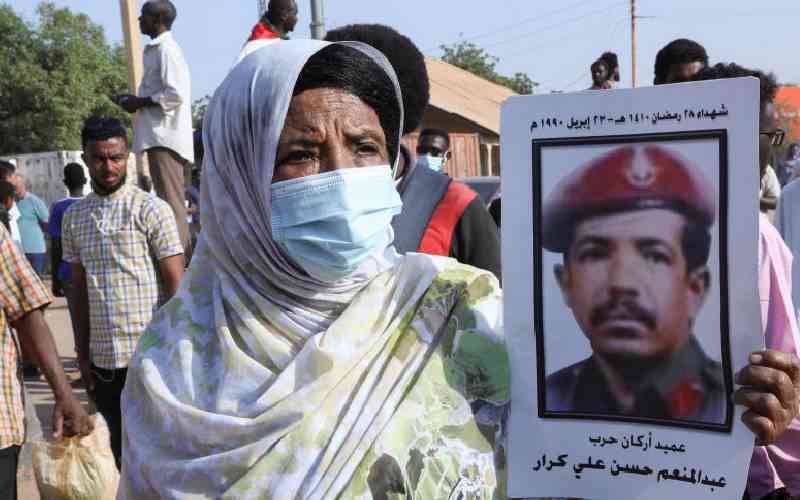×
The Standard e-Paper
Home To Bold Columnists

More than a year since the war in Sudan began, at least 15,000 killings and displacement of 3 million people have been reported in several publications, including UN reports.
This added to the unending climate disasters, worsens the people's suffering, especially women. Sudan is one of the world's hottest countries, with the most unpredictable rain patterns that have disrupted agricultural productivity and subsequently food security.